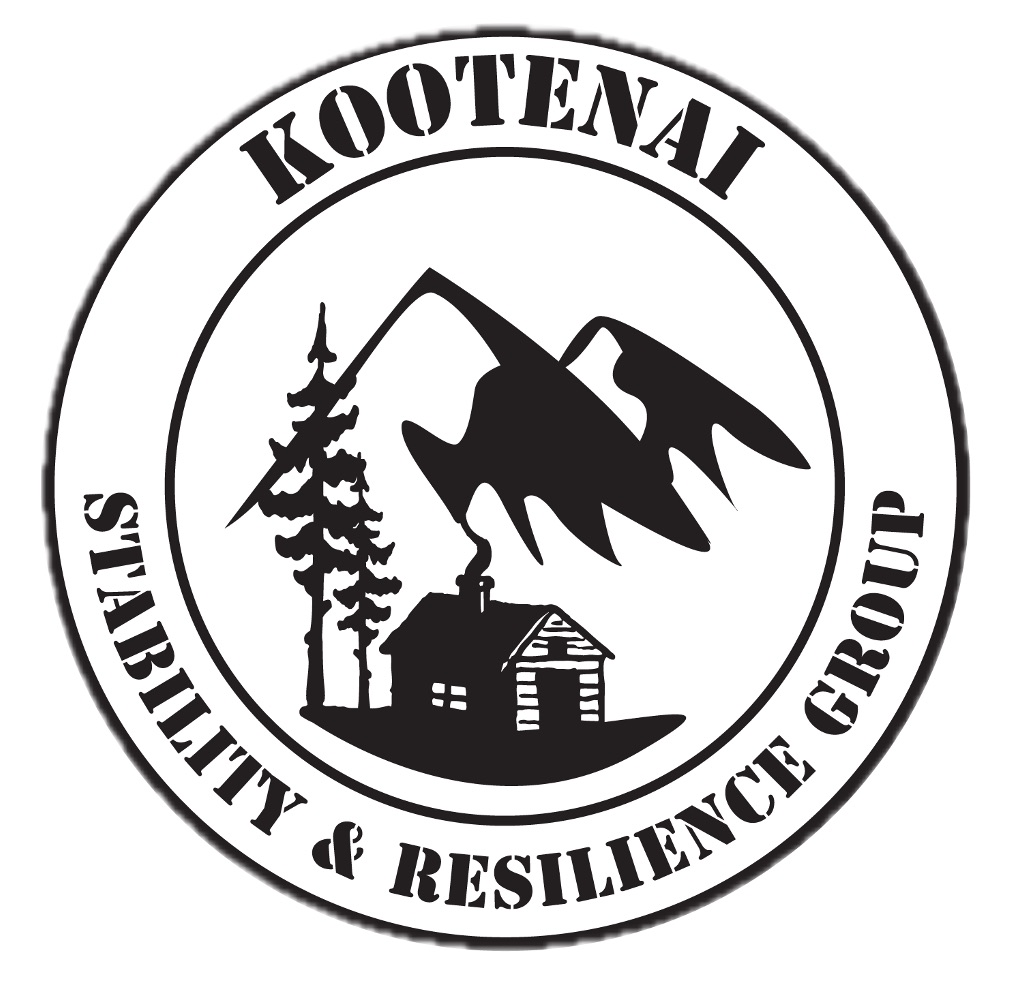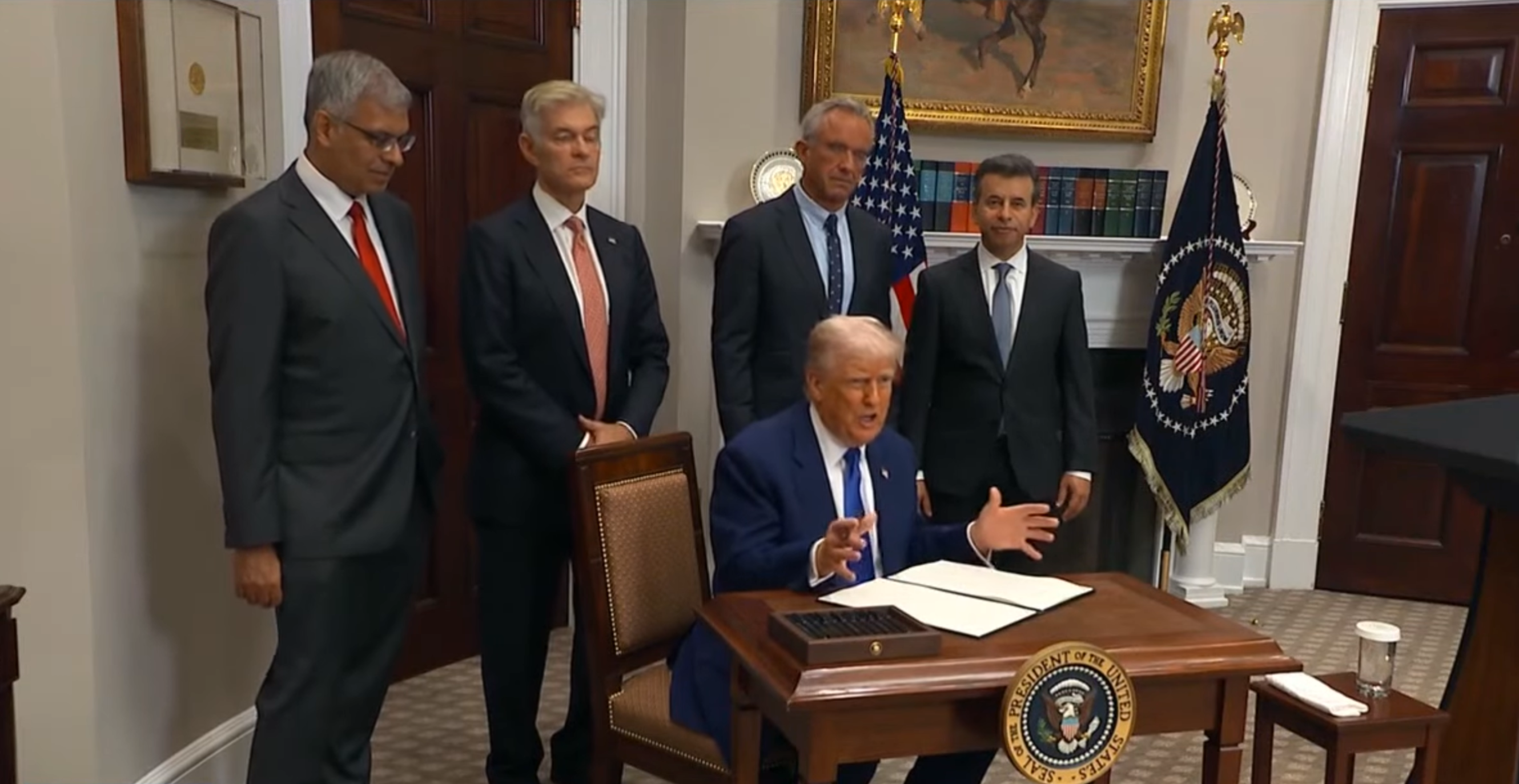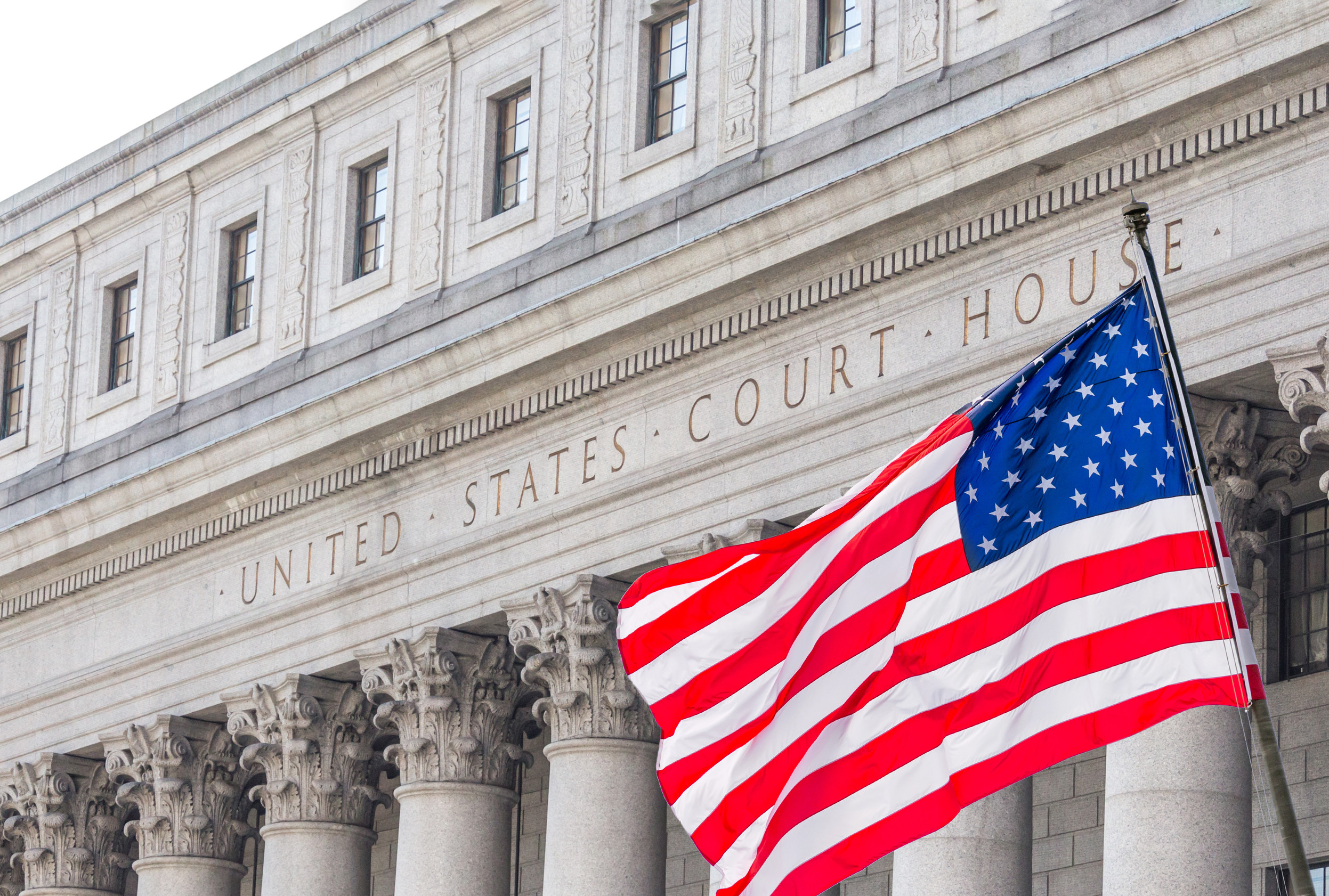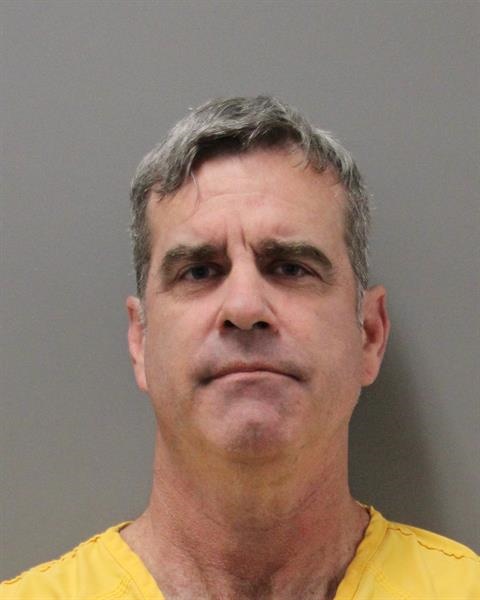HAYDEN, IDAHO – With the increasing potential for disrupting events on the horizon, three Kootenai County men decided it was time to form a group capable of bringing the community together to overcome any challenges.
Businessman Nels Jensen, author Michael Ashley, and retired Brigadier General Blaine Holt, USAF, established Kootenai Stability and Resilience Group (KSRG) last summer, and they recently launched a website aimed to bring awareness and garner community participation. In an exclusive interview with the Kootenai Journal, Ashley and Gen. Holt shared the vision of KSRG and why now was the time to get rolling on the ambitious endeavor to prepare for a possible black swan event, like the Lahaina fires in Maui in 2023, Katrina in New Orleans in 2005, or the 9/11 attacks in 2001.
“I think that it’s no secret that many people feel right now that something big is around the corner and they’re concerned about it. And so we wanted to not be taken by surprise. Instead, we wanted to seize the moment,” Ashley shared.
According to Ashley, the mission of KSRG is, “Knowing that preparation is key to not just meeting, but overcoming challenges facing Kootenai County, we are committed to organizing our beloved community for greater resilience, civil strength, and neighborly collaboration.” He continued with the group’s vision, “Empowered by shared local values, we seek to stabilize and fortify our community, no matter the obstacle. Americans who take strength from God and our Constitution, we seek to provide hope, clarity, direction, and grassroots advocacy to ensure our safety and prosperity, both now and generationally.
“We don’t know what could happen to us. But if we have serious crises and our government is overwhelmed, we’re going to have needs across every single category that a civil society needs, whether it’s transportation and logistics, whether it’s communications, security, but also medical is very big,” Holt asserted. “We need to have our supply chains set so that we can continue to function in the short term while positioning for a longer or indefinite period. It’s all scenario dependent.”
In their quest for meaningful material to help the community prepare for any number of eventualities, they came across a series of books titled Civil Defense Manual, in which Holt found compelling scenarios and actionable steps a community could make in preparation for the collapse of our societal systems. Holt described how the circumstances in Sarajevo, Bosnia, in the 1990s show how quickly a modern civil society can collapse when the structure that governs how people live gets disrupted in a significant way.
The group currently has ten members on their board who are experts in a range of different specialties, including communications, logistics, medical, and finance. “Our plan right now is to begin to work with community leaders to stockpile food and medicine and supplies that are needed,” Ashley stated. “At the same time, we are working on developing maps that could be beneficial for our local first responders here.”
Issues at the southern border also pose a real threat to the stability of our community. Holt asks the community to consider this scenario. What happens when the UN bank cards (funded by US taxpayer dollars via NGOs) that are being given to the millions of illegals streaming across the border run out? Where are those people going to go to get resources like food, water, and shelter? “What we want to do is be preventative and posture the community in advance of the challenge,” stressed Holt.
Meanwhile, military-aged Chinese males have been flowing across the southern border as well, posing an entirely different problem. “The People’s Liberation Army is here, they’re in our nation, they have small little groups everywhere,” Holt confirmed. “The idea that they would not take an opportunity to conduct operations against us … that’s just nonsense.”
Ashley and Holt believe it will be up to the local community to care for themselves. Prepare in a way that nobody is coming with outside resources, and the KSRG is designed to facilitate the preparations. Holt pointed out that a lot of governments in Europe are encouraging their citizens to stock up on food because they can no longer ensure supply chains due to the farmers pushing back against global warming initiatives. “We have an abundance of resources in this county. We have tremendous amounts of farmland that we can use, as well as natural resources we can tap into,” asserted Ashley.
The General stressed that KSRG is not a red versus blue endeavor. “It’s not a political thing at all,” assured Holt. Instead, he said that it’s about helping the community be positioned for uncertainty. “There’s no such thing as certainties. There are only probabilities. And I think all you have to do is take a quick trip through the headlines of today. All we get pounded with is World War III is coming, financial collapse is coming, civil war is coming.”
With this in mind, KSRG is calling for a grassroots volunteer base to begin Kootenai County’s preparations for stability and resilience. “If you have expertise or passions in any of these functional areas like logistics, supply chain, food growth, farm security … we are getting teams together,” Holt stated. “We want to move to a preventative mind-shift.” By this, Holt believes that having something ready in advance of a crisis, the community will function much better.
“In America, we’re so used to abundance, we’re so used to stability in our lives. We don’t live in places like Iraq or Kosovo,” Ashley explains. “So I think it is a big mind-shift for people to think this way.”
Ashley and Holt would like to see the community gain awareness, start personal preparations, and volunteer within the group. “We are trying to be proactive. We hope that events that we are planning for never come to pass, but we want to be prepared in case they do,” said Ashley.
The KSRG has activated their new website at www.kootenaicrg.org.









